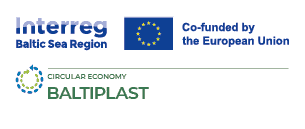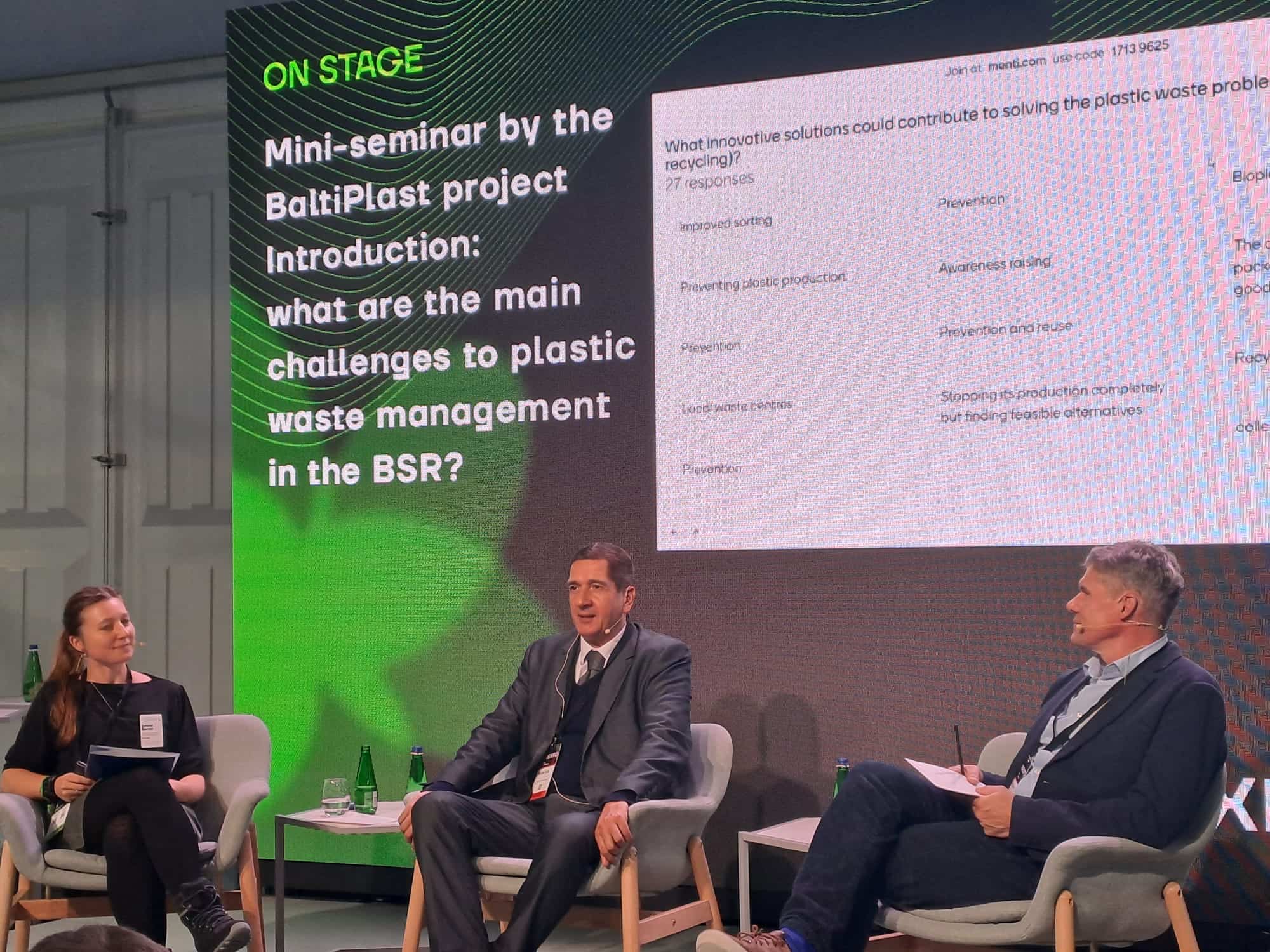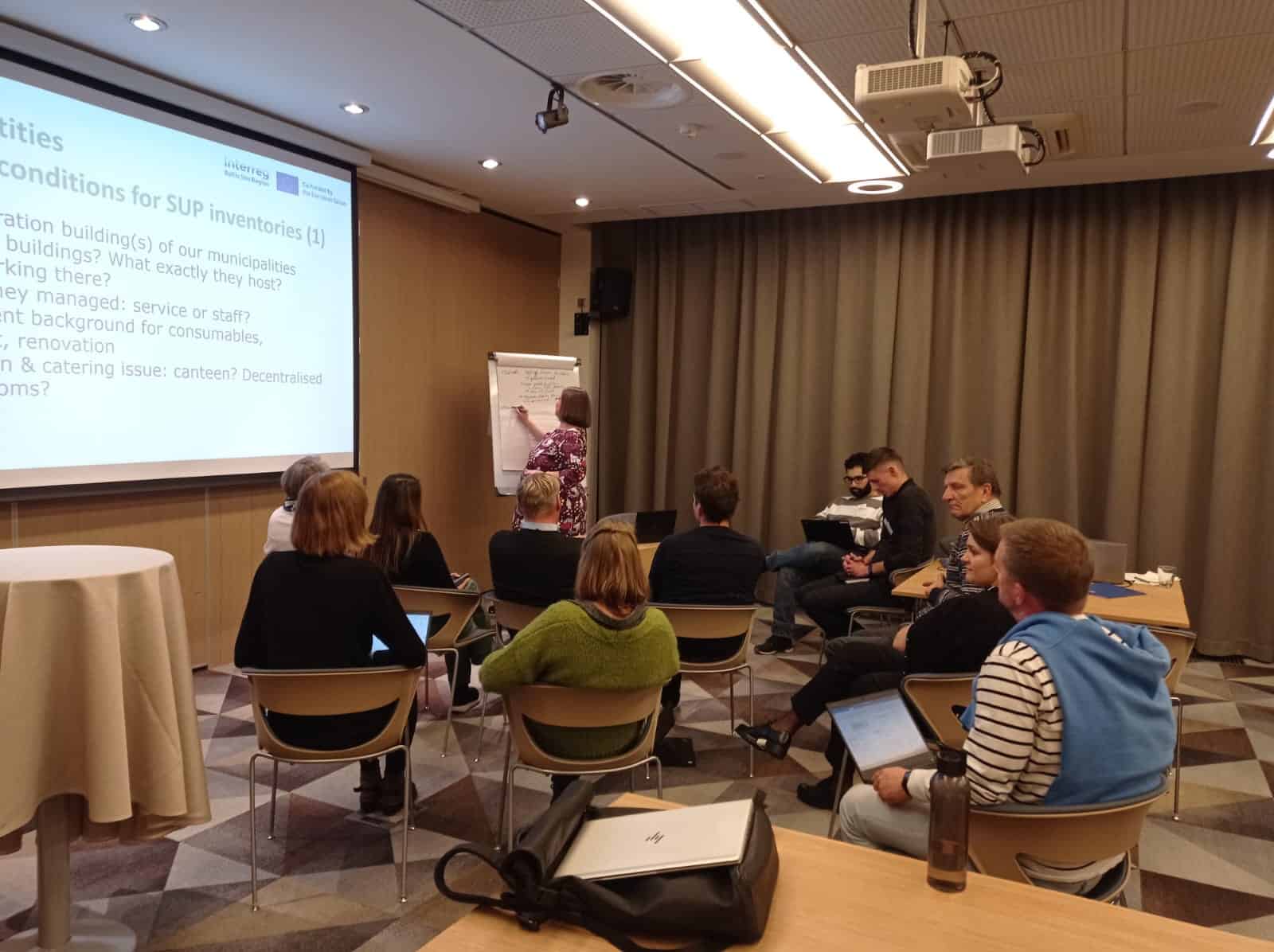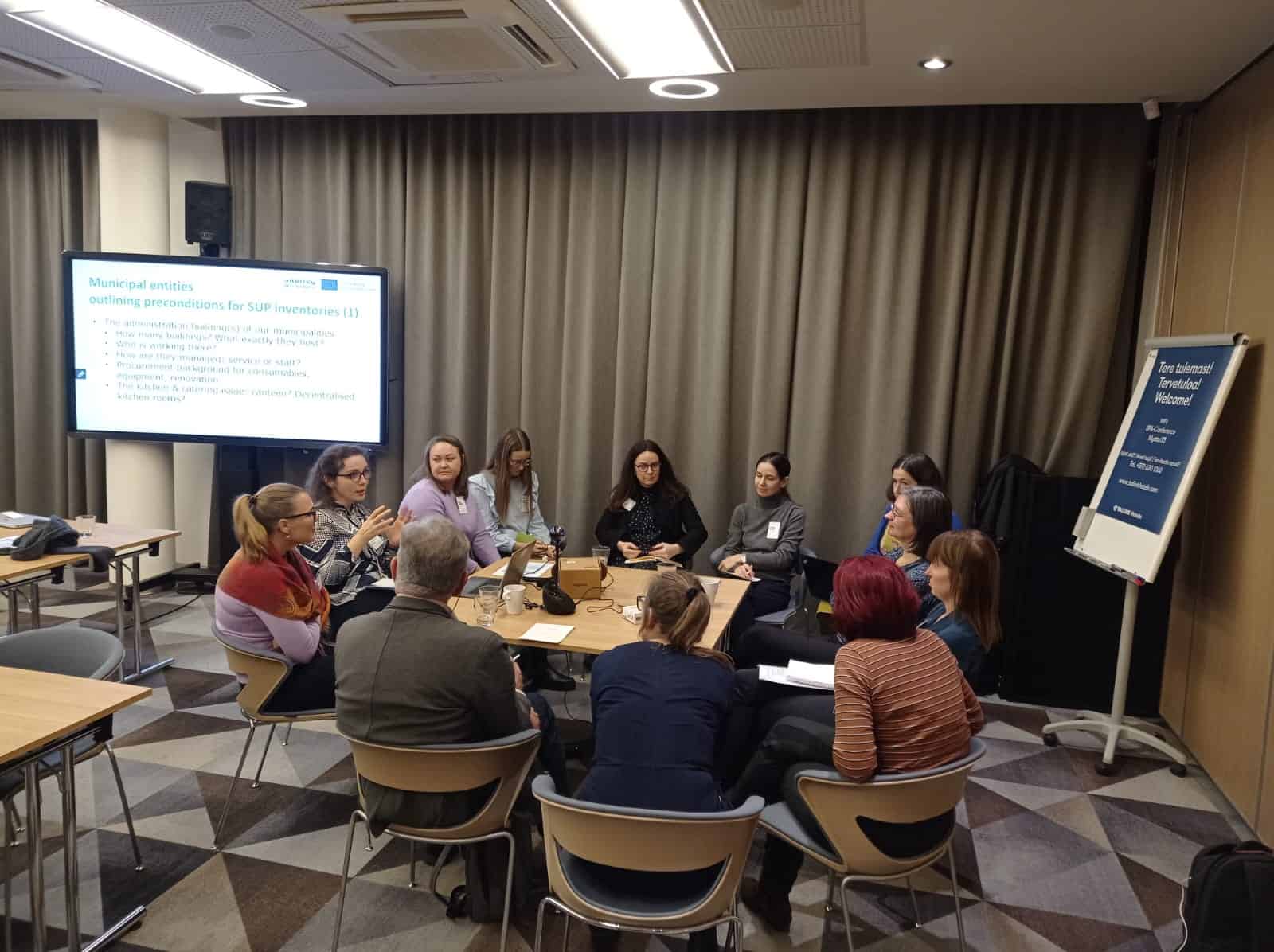
2nd General Assembly Meeting
05 December 2023
The 2nd General Assembly Meeting of the BALTIPLAST Project took place in Tallinn, Estonia, from 14th-15th November 2023. This two-day event brought together our project partners from six member countries to work on concrete solutions for the reduction and prevention of single-use plastic. Following the 1st General Assembly in May and various online sessions to identify and target the needs of public entities, businesses, and inhabitants, our team convened to finalize the preparation of our solutions.
During the first day of the event, our partners discussed the collected best practices for the reduction of plastic waste in the Baltic Sea region, attention was drawn to developing strategic solutions targeting the issue of plastic waste, as well as to how to incorporate soft plastic-saving measures into the practices of public entities, such as schools and municipal administrations and businesses. inventory tool.
On the second day of the event, our partners focused on solutions specifically tailored to the needs of inhabitants in countries bordering the Baltic Sea, as well as on solutions on technical and technological level to achieve better sorting of plastic waste at the municipal level and thus improving the recyclability of plastics. As part of the BALTIPLAST project, we will foster the development of robust strategies to combat plastic pollution with the help of the reported best practices. Additionally, we will support public entities, businesses, and households to reduce their pile of plastic waste by using our innovative plastic inventory tool.
In the afternoon the pressing issues surrounding single-use plastics in the Baltic Sea region was addressed by Walter Leal and Harri Moora, at the spotlight stage, part of the Nexpo Greentech Exposition. The interactive talk, moderated by Jelena Barbir, engaged participants in exploring the challenges posed by plastic waste and potential solutions.
The meeting ended with the BALTIPLAST team actively participating in collaborative working sessions alongside the members of the NonHazCity3 Project. The primary objective of these joint working groups was to identify and explore potential synergies between the BALTIPLAST and NonHazCity3 projects. This collaborative effort aimed to leverage the collective expertise and insights of both teams, fostering a dynamic exchange of ideas and strategies to enhance the overall impact and effectiveness of the initiatives undertaken by each project. By engaging in these joint working groups, the teams aimed to capitalize on complementary strengths, share valuable experiences, and align their efforts to address common challenges in the realm of plastic waste management and environmental sustainability within the Baltic Sea Region. This collaborative synergy-building exercise reflects the commitment of both projects to foster a holistic and integrated approach towards mitigating the impact of plastic pollution in the region.








